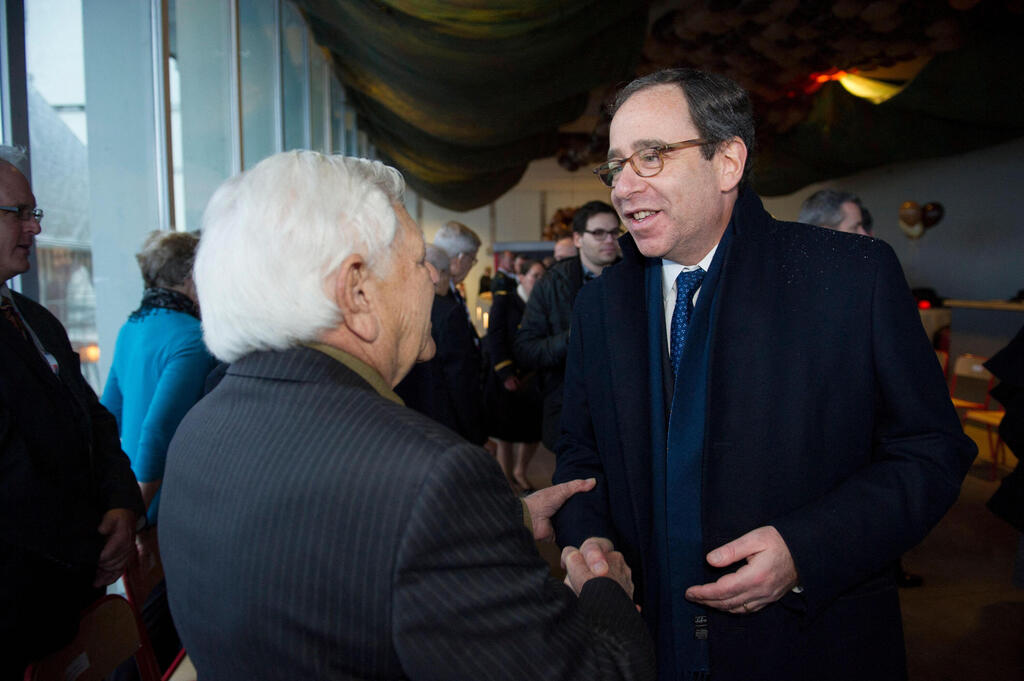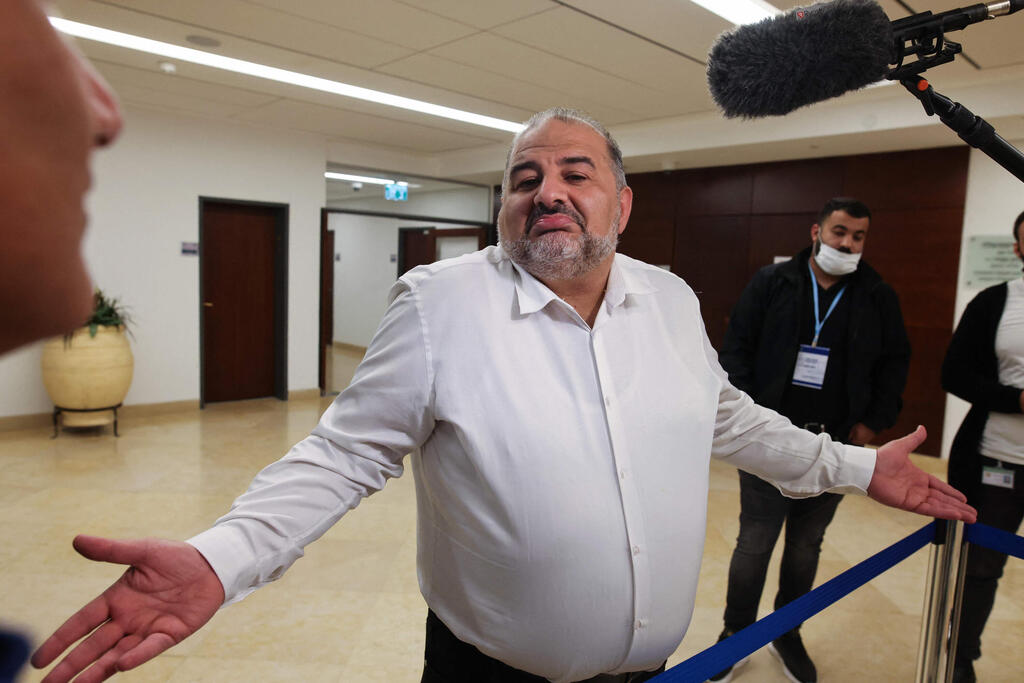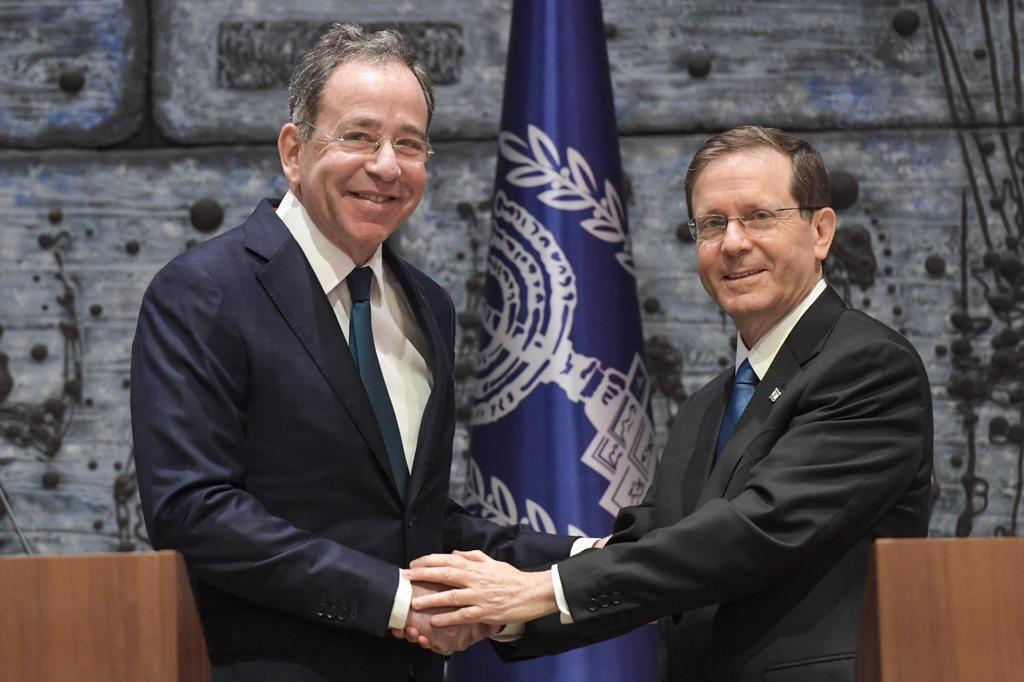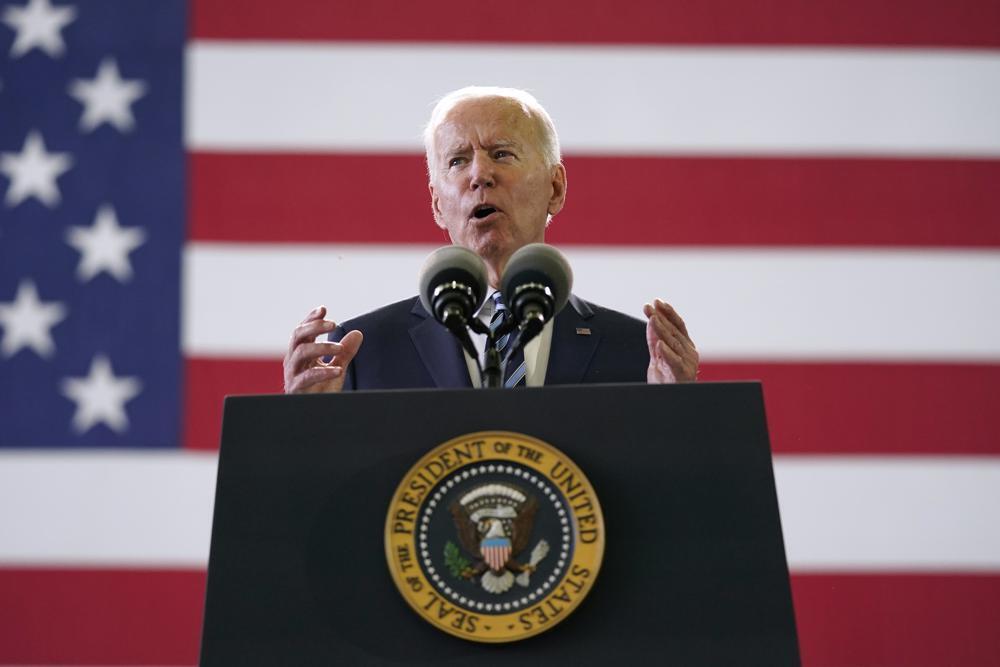Since his arrival in Israel earlier this month, Thomas Nides, the new U.S. ambassador, has held several meetings, not with government officials, but with business people, philanthropists, and other figures within the Arab community.
Many of those who met the ambassador said privately that his “approach is 180 degrees different, and more positive,” than that of his predecessor, David Friedman, who was seen as deeply sympathetic to Israeli policy.
“He takes the issue of dealing with Arabs very seriously,” says Mohammad Magadli, a political analyst for Anas Arabic radio in Nazareth and Channel 12 News.
Nides, a former deputy assistant secretary of state and longtime Democratic Party operative, was confirmed last month after Senate Republicans temporarily held up the nomination process.
Palestinian citizens, who make up a fifth of Israel’s population, have for decades been either dismissed by other parties or suspicious of joining a government that oversees an occupation of their brethren in the West Bank.
All that was changed when Ra’am (the United Arab List) made history this past June, becoming kingmaker within the Bennett-Lapid coalition; however, it doesn’t hold any cabinet seats.
Ra’am Chairman Mansour Abbas and his party attracted significant attention in the U.S.
“The [Nides’] conversation with Abbas focused on connecting with the Arab citizens of Israel but the meeting was also an opportunity to talk about the future of the region, the relations with the Arab citizens of Israel,” an official with Ra’am said.
It is clear from the ambassador’s meetings that he is working on parallel axes. “The first is to strengthen the role of the Arab citizens of Israel,” says Magadli. “The other side is nonpolitical through its support for economic, cultural and social projects.”
Magadli said there is a shift in Arab Israeli society, and the Biden administration is noticing.
“Washington hopes that Arab participation in an Israeli coalition government will open a new chapter for ties between Israeli Arab and Jewish citizens.
“For the first time in Israel’s history, an Arab party joins an Israeli government. The most prominent feature of the new Israeli government is that it has Arab members,” says Magadli, adding, “There is American support for the presence of Arab representation within the new Israeli government.”
Many of the Arab citizens of Israel refer to themselves as Palestinians and say they have been marginalized and disenfranchised.
5 View gallery
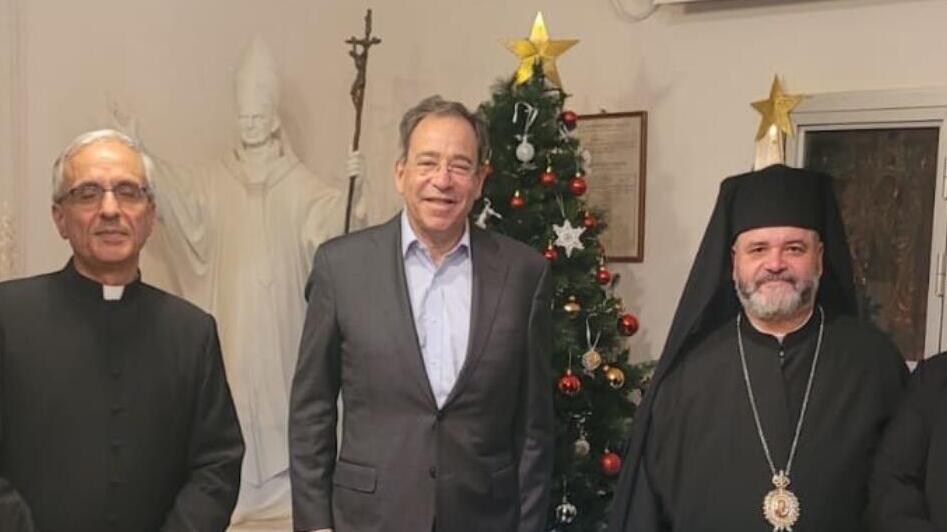

U.S. Ambassador to Israel Thomas Nides meets with an interdenominational group of Christian clergy in Nazareth
(Photo: The Media Line)
“This is a very important matter for the Americans, and there is a strong American desire that the experience of Arab partnership within the government succeed,” says Magadli.
“He’s a breath of fresh air. A total contrast to his predecessor, David Friedman,” an attendee of one of the meetings who asked to remain anonymous said.
“These steps come as part of attempts to repair what Friedman destroyed. Even the Ramadan Iftar [break-fast meal], which was an annual event held by the embassy, was stopped. This ambassador pays great attention to us,” he says.
Nides’ first meeting with Arab figures in the historic city of Acre included business mogul Walid al-Afifi, known for his support of Arab nonprofit organizations; Ayman Seif, the former head of the Authority for Economic Development of the Arab Sector; and the heads of Arab associations such as Hasoub and Qudra. Also attending the meeting was Alaa Ghantous, an economic adviser to the National Committee of Heads of Arab Local Authorities.
“He met with them before handing over his credentials to Israeli President [Isaac] Herzog and before meeting the prime minister and his foreign minister or Opposition Leader Binyamin Netanyahu,” says Magadli.
Despite the great optimism with which these meetings were met, he believes they are of limited value.
“The current government, or at least [Prime Minister Naftali] Bennett, does not want to portray Mansour Abbas as an adversary or as someone who takes a role in regional politics. He wants Mansour to play a role in which he deals with local matters only,” Magadli says.
But U.S. officials are now active across the Green Line, holding several meetings of late, two in the last week. The meetings are carried out by U.S. Embassy employees who work in the Palestinian Affairs Unit, formerly at the former Jerusalem consulate and since Trump’s changes part of the embassy, with Palestinian officials in Ramallah.
The talks center mainly on ways to help the ailing Palestinian economy, through providing an economic aid package along with a political dimension.
“This intense American movement indicates several things, the first of which is that the American administration is still trying to restore contact with the Palestinians. It’s worth noting that the U.S. still supports the two-state solution, and it is still interested in playing a role in the Palestinian-Israeli conflict,” Ahmed Rafiq Awad, president of the Jerusalem Center for Future Studies at Al-Quds University, said.
Nides begins his tenure with a disagreement between Israel and the U.S. on two main issues, Washington’s approach to the talks with Tehran over a nuclear agreement and President Joe Biden’s promise to reopen the consulate in Jerusalem.
Since taking office last January, President Biden has sought to repair relations with the Palestinians, by restoring some funding and promising to reopen the U.S. Consulate in Jerusalem while keeping the embassy in the same city.
“There is real Palestinian anger and frustration toward the Americans because they have not yet reopened their consulate in occupied East Jerusalem as if there is a retreat from Biden’s promise and Washington’s submission to Israeli demands,” says Rafiq Awad.
The Palestinian Authority says it is on the verge of financial collapse and is complaining about the cessation of financial support from many European and Arab donor countries. However, since President Biden entered office, some U.S. grants have been resumed, among them aid to the United Nations Relief and Works Agency for Palestine Refugees (UNRWA).
“Israel is evading any political settlement and is trying to replace it by talking about the economic track. This is totally rejected by the Palestinians,” explains Rafiq Awad. “This approach will not work. It has been tried before and has not succeeded because the Palestinian people want their freedom and an end to the occupation.”


